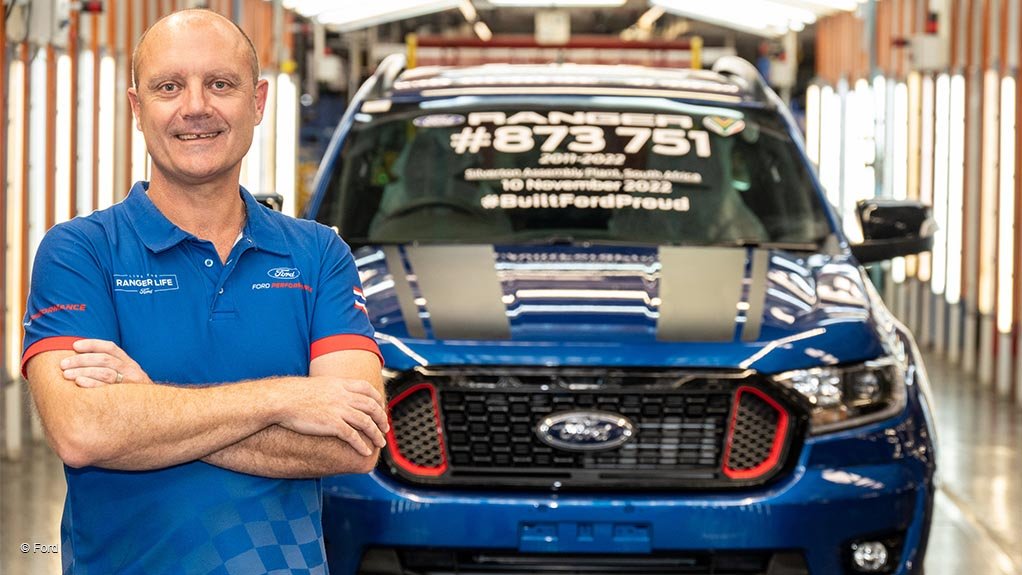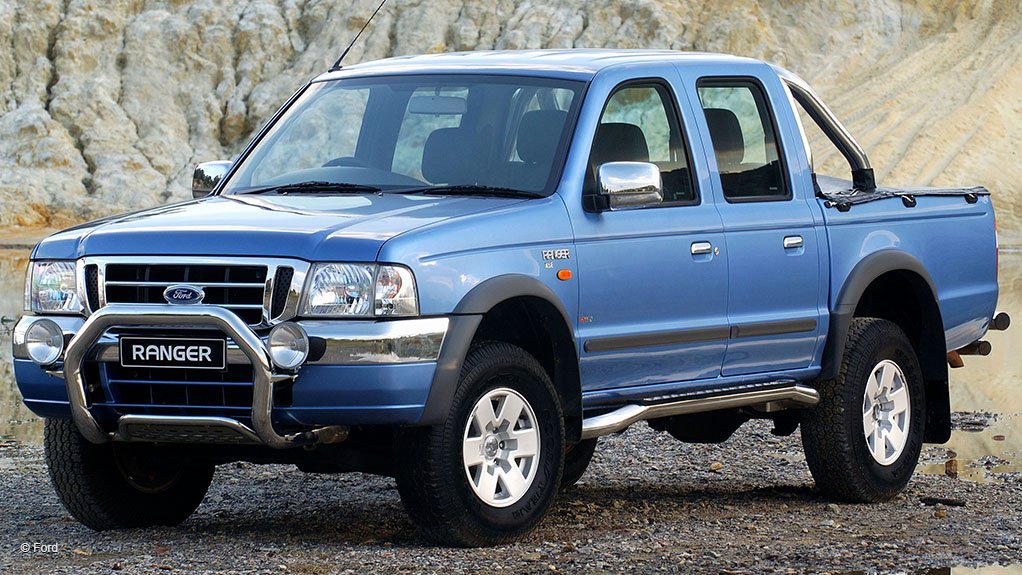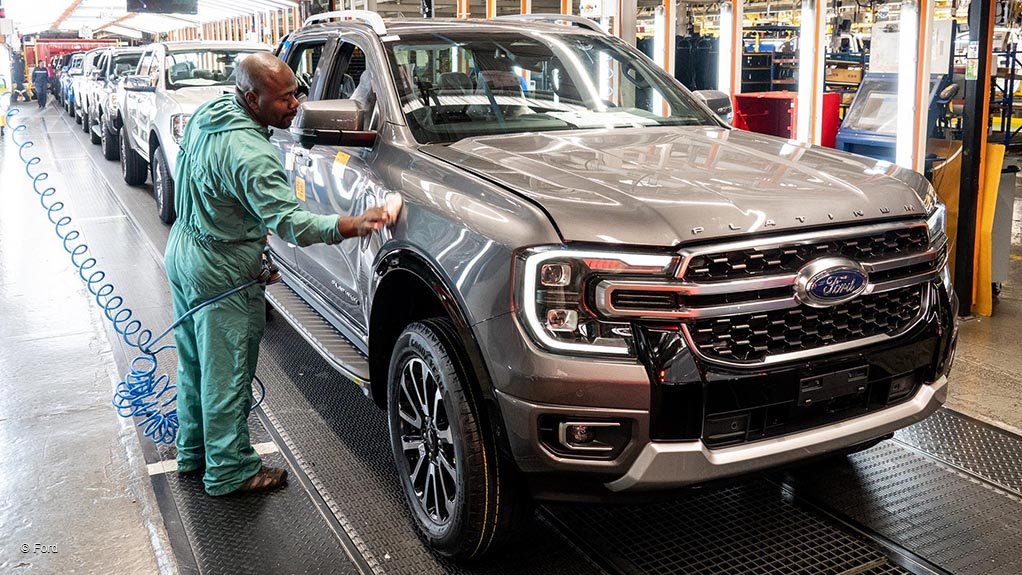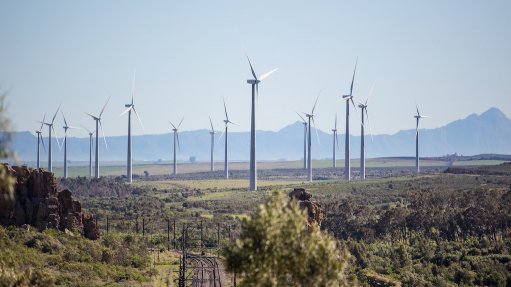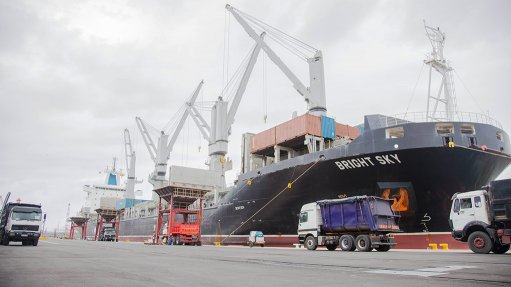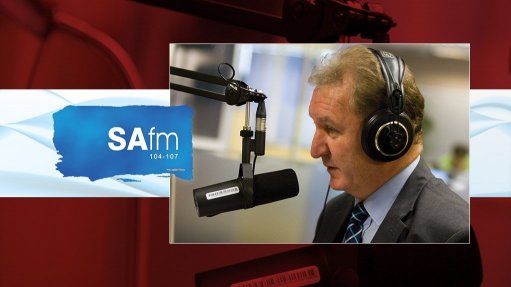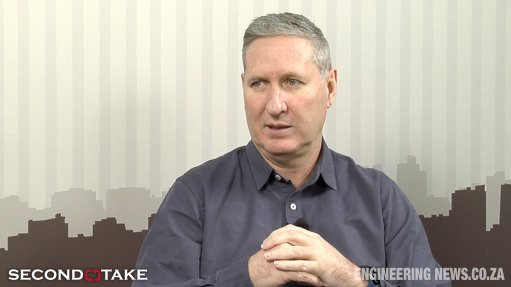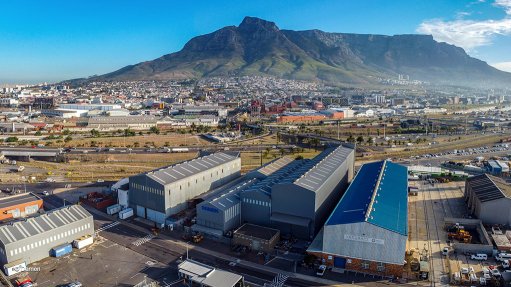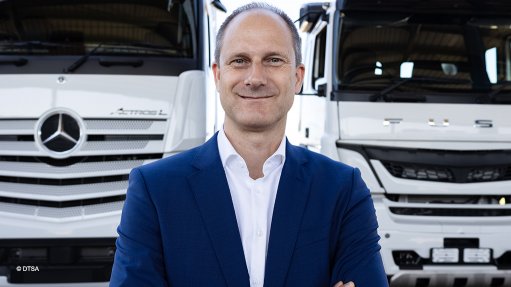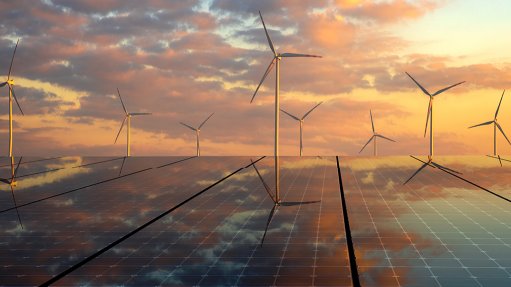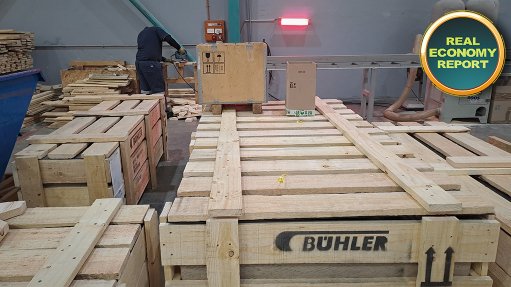Ford celebrates 1m Rangers; looks to PHEV production start before year-end
Ford South Africa (SA) has celebrated the assembly of the one-millionth Ranger at its Silverton plant in Pretoria.
While the first million bakkies has taken 24 years, the second million is set to happen before the decade is out, should production continue at the current rate of roughly 200 000 units a year.
Ford SA operations VP Ockert Berry says there is no luck involved in reaching the almost magical production number, but “rather a focus on four or five things that must be executed correctly in the South African environment”.
“You need the right facilities and tooling.”
This, says Berry, provides the local arm of the US car maker with the ability to repetitively assemble the same product at the same quality.
The second is an investment in upskilling people, especially in terms of technical skills and leadership.
“You can’t run an operation of this size from a boardroom,” notes Berry. “You need to be hands-on. You need to constantly communicate with the 5 200 people it takes to produce a Ranger here in Silverton.”
In the same manner, Berry and the Ranger’s main local component suppliers meet virtually each evening to tackle any issues that may have arisen during the day.
The supplier park next door to the plant – a byproduct of the new Ranger programme – houses 12 suppliers, some of them new to the country.
The third weapon in Ford SA’s production arsenal is to have the right product.
“We have a fantastic product with many accolades won here and in Australia and in Europe,” says Berry.
The final ingredients in a successful production recipe are to have above average engineering, engineering support and an operating system that brings everything together seamlessly.
“If you don’t have that guidance, the facility will start running you instead of you running your business,” states Berry.
He believes that the decision by Ford to bring the stamping plant and chassis frame line in-house has been key in improving Ranger build quality.
“We are now buildings vehicles out of our body shop with zero reworks on them and we have no warranty issues with regards to steering, handling, chassis rust, corrosion or dimensional issues on the frames at all. This takes a lot of noise you previously had to manage out of the way.”
Ford SA has produced three Ranger generations to date.
The company started production of its first Rangers in 2000, which coincided with the official return of Ford Motor Company to South Africa.
The first-generation Ranger was produced between 2000 and 2011, which included Ford SA’s first foray into the export market.
Exports started in 2008, with right-hand-drive and left-hand-drive models shipped to markets in Africa.
Production on this generation ended in late 2011, with more than 100 000 Rangers manufactured in what was a multiplatform assembly facility at the time, producing light commercial vehicles as well as passenger cars.
As Ford’s first global pick-up truck, the introduction of the second-generation Ranger saw production at the Silverton plant transition to a high-volume, flexible single platform in 2011.
The initial installed capacity was 110 000 vehicles a year.
This new model also led to investments in the Struandale engine plant in Gqeberha for the component machining and assembly of Duratorq TDCi engines.
The second-generation Ranger chapter drew to a close at the end of 2022, with 873 751 bakkies produced in South Africa in total, and two-thirds shipped to export markets across world.
The launch of the third and current-generation Ranger at the end of 2022 saw installed capacity increase to 200 000 vehicles a year – or 720 vehicles a day – with fresh investments at the Silverton assembly plant and Eastern Cape engine plant.
Ford SA has subsequently announced a further investment to enable production of the Ranger plug-in electric hybrid (PHEV) at Silverton, starting later this year.
Berry says the plant is currently busy with PHEV prebuilds, with the first production unit scheduled towards the end of the year.
He is optimistic that the PHEV is “the right place to play” when considering current market conditions, as it “gives you the best of both worlds”.
Around 60% to 70% of Ford SA’s Ranger production is exported to Europe, which is facing increasingly strict emission regulations.
“We are ready for that game. In my personal view I think PHEV demand will be there for quite some time, with people opting for that rather than battery electric vehicles. In fact, I think demand for the PHEV will be higher than current estimates,” says Berry.
Looking ahead, Berry believes that Ford SA has proved to its parent company in the US that it can build vehicles to the highest quality.
“That doubt is out of their minds. This is important as the competition between Ranger plants is very tough. You don’t just get the right to build product; you earn it.”
Comments
Press Office
Announcements
What's On
Subscribe to improve your user experience...
Option 1 (equivalent of R125 a month):
Receive a weekly copy of Creamer Media's Engineering News & Mining Weekly magazine
(print copy for those in South Africa and e-magazine for those outside of South Africa)
Receive daily email newsletters
Access to full search results
Access archive of magazine back copies
Access to Projects in Progress
Access to ONE Research Report of your choice in PDF format
Option 2 (equivalent of R375 a month):
All benefits from Option 1
PLUS
Access to Creamer Media's Research Channel Africa for ALL Research Reports, in PDF format, on various industrial and mining sectors
including Electricity; Water; Energy Transition; Hydrogen; Roads, Rail and Ports; Coal; Gold; Platinum; Battery Metals; etc.
Already a subscriber?
Forgotten your password?
Receive weekly copy of Creamer Media's Engineering News & Mining Weekly magazine (print copy for those in South Africa and e-magazine for those outside of South Africa)
➕
Recieve daily email newsletters
➕
Access to full search results
➕
Access archive of magazine back copies
➕
Access to Projects in Progress
➕
Access to ONE Research Report of your choice in PDF format
RESEARCH CHANNEL AFRICA
R4500 (equivalent of R375 a month)
SUBSCRIBEAll benefits from Option 1
➕
Access to Creamer Media's Research Channel Africa for ALL Research Reports on various industrial and mining sectors, in PDF format, including on:
Electricity
➕
Water
➕
Energy Transition
➕
Hydrogen
➕
Roads, Rail and Ports
➕
Coal
➕
Gold
➕
Platinum
➕
Battery Metals
➕
etc.
Receive all benefits from Option 1 or Option 2 delivered to numerous people at your company
➕
Multiple User names and Passwords for simultaneous log-ins
➕
Intranet integration access to all in your organisation



